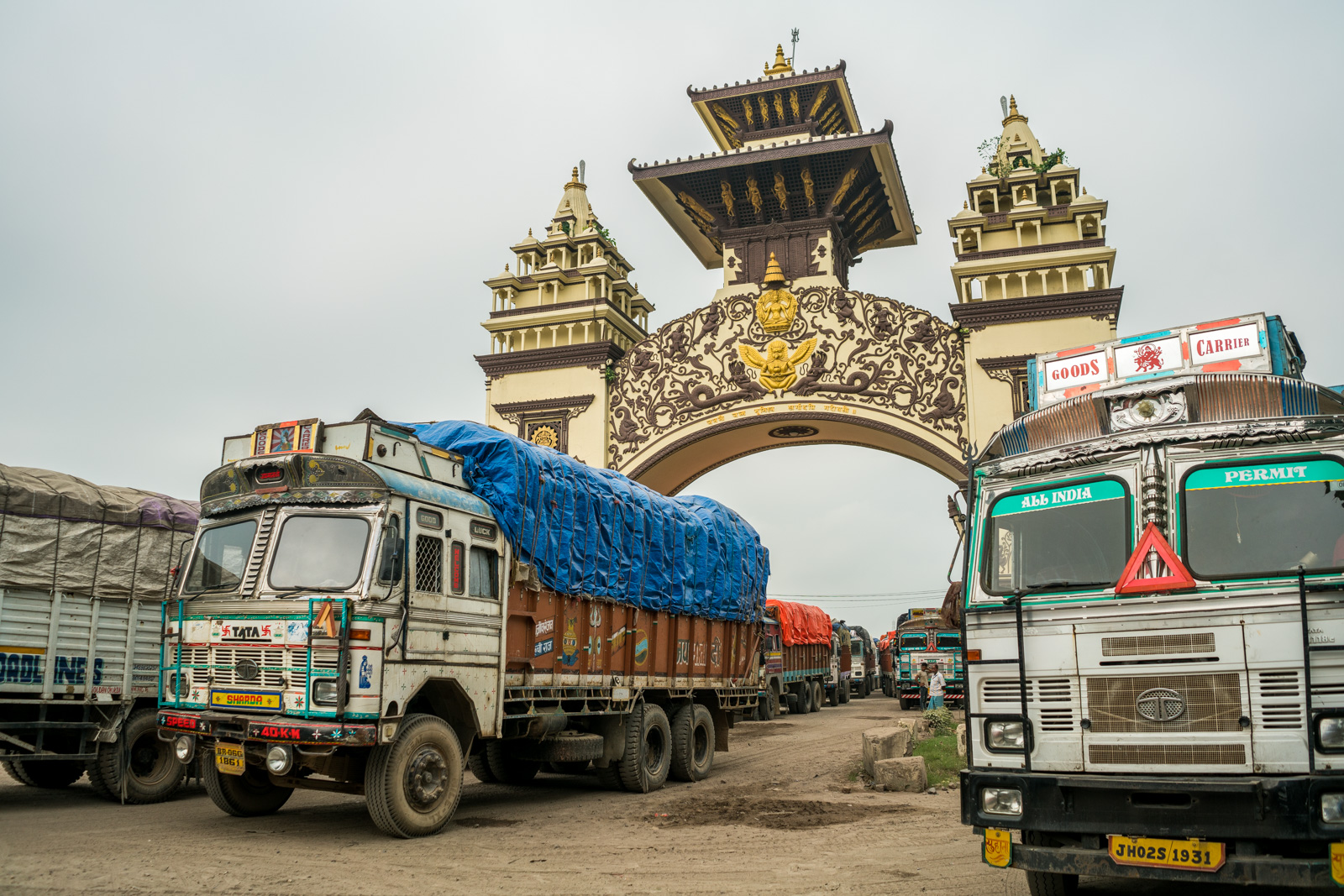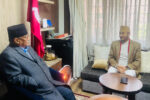KATHMANDU: When the High Level Coordination Committee for the Prevention and Control of COVID-19 declared it would facilitate the air transportation for the private sector bringing health materials, entrepreneurs and businessmen got excited.
Encouraged by the same decision, some businessman started collecting the most essential health materials in Guangzhou and Shenzhen, popular Chinese cities from where they could get those stuff.
Some of them even worked out to charter the planes to bring those things to the country. To encourage the businessmen supporting by bringing the most essential health materials, the March 29 meeting of Council of Ministers decided to provide tariff exemption.
But the entrepreneurs were not contented as the Department of Customs refused to provide them the ‘duty free’ facility saying the Ministry of Health and Population has not prepared the standard and the list of the goods to get this facility.
“We had thought the government has really addressed the concerns of private sector,” one of the businessmen who had imported health materials in a chartered plane from China explained the differences he found on words and deeds of the government, “but we got no chance to appreciate the government. Citing the Ministry of Health and Population has not provided them the standard and list of the goods and supplies deserving the tariff off facility, they refused to release our goods.”
Chaudhary Group, which came with a letter claiming it wanted to help the Ministry of Health got its goods and supplies released, however, 8 tons of health equipment procured by the businessmen are still lying unreleased at the airport.
According to him, after the health materials arrived at the airport, the government officials refused to release them claiming the Ministry has not made any standards for those goods yet.
Then their door visits started. First they went to Suman Dahal, the Director General of the Department of Customs, then, together with him they went to Bhanu Bhakta Dhakal, the Minister for Health and Population and the Health Secretary Yadav Koirala.
According to him, Health Minister Dhakal shouted at DG Dahal for ‘listening to the agenda of the businessmen’.
The Ministry of Health and Population has already decided to waive off tariff on the most essential health materials, however, the Ministry has not prepared any standards yet.
“The materials thus brought are now stored in the airport’s store as the TIA based customs’ office refused to release the goods as promised by the government,” the businessman confused on what to do next said, “ We had ordered other goods as well, but the lack of clarity on government part compelled us to postpone the procurement for the time being.”
They chartered Nepal Airlines Wide Body ‘RNA 4171’ to bring health materials on Friday. At the coordination of Flash Freight Logistic Private Limited most essential materials for health workers medical kits, gloves, N-95 mask, medical mask, safe goggles, PPE gown, thermal gun etc were brought in the plane.
Out of 30-40 tons of goods collected to bring Nepal only 8 tons are brought to Nepal. They are planning to bring the rest via TatOpani and Rasuwagadhi checkpoints or using land route. They are undecided on when to bring it as the government has refused to abide by its own decision.
“Neither the government could bring them himself nor did it let us bring,” Rajesh Kaji Shrestha, the chairperson of Nepal Chamber of Commerce said, “ the Ministers, the Secretaries at the Ministry, the Director General of the Department of Customs never make room for the implementation of the promises they make to private sectors.”
In normal condition, as per the prevalent provision, one should pay more than 5% as tariff. The businessmen have to pay 13% as value added tax (VAT). The government has not made any promises for VAT exemption. The government promised tariff off facility to the traders as it was unable to procure the most essential medical supplies on its own.
Former Finance Secretary Shanta Raj Subedi opines that it’s very important for the government to keep its words. “Once the government promises facilitation, it should enforce its words,” Subedi said speaking on the current confusion, “not to abide by it means lack of sincerity and inability to realize the gravity of the situation.”









Comment